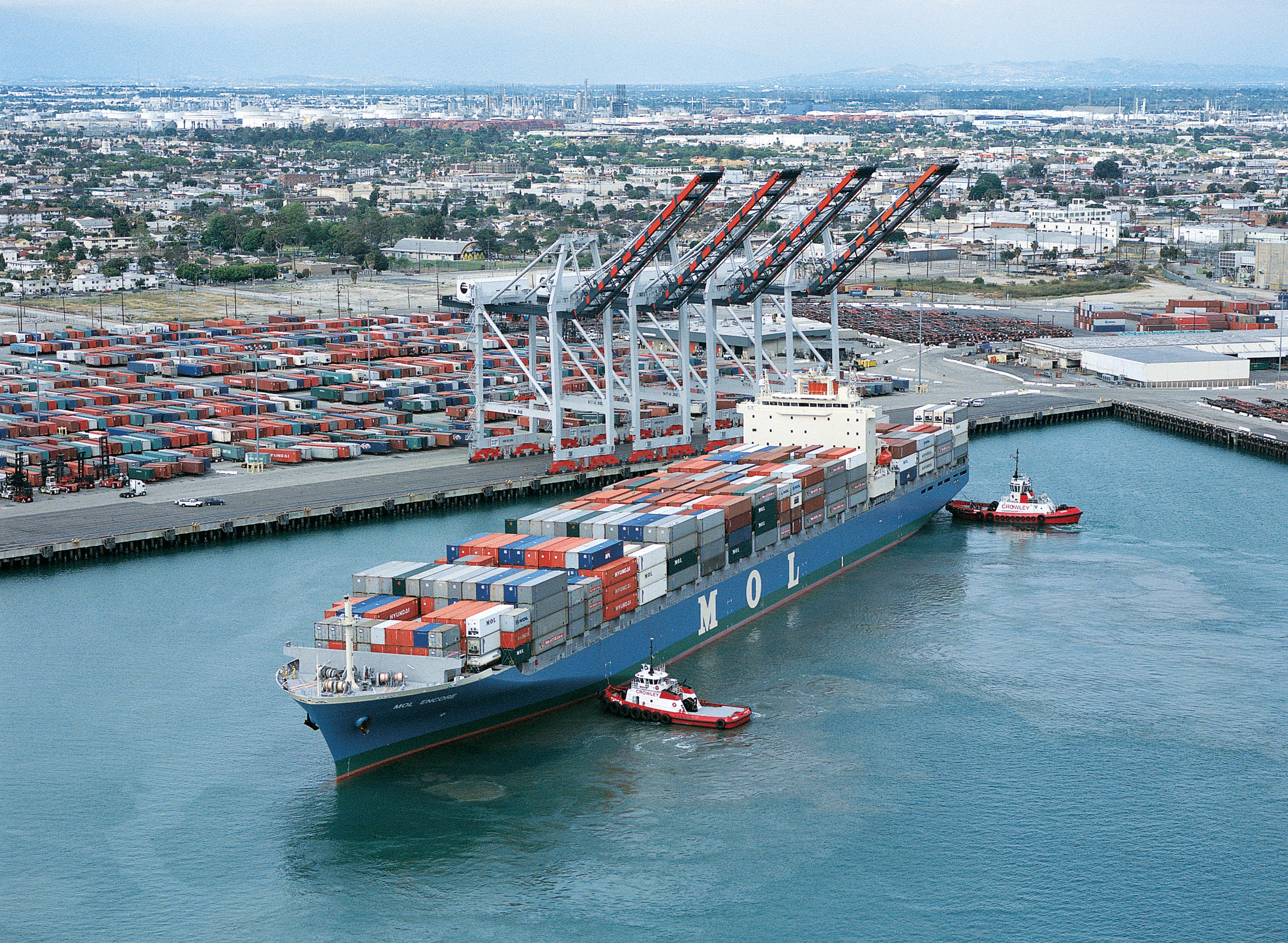Sheet

October 3, 2024
All stakeholders watching for impacts of dockworkers' strike
Written by Laura Miller
All eyes are on the coastwide longshoremen’s strike, with many scrambling to assess the situation and understand its implications for their businesses and the economy.
The International Longshoremen’s Association (ILA) has been warning of a massive labor stoppage for some time. Despite the warnings, many thought talks would be extended or that such a widespread walk-off couldn’t really happen. So, the strike, which began on Tuesday, Oct. 1, came as a surprise to some.
Whether a surprise or not, there is a lot at stake. All supply chain stakeholders, including consumers, retailers, manufacturers, truckers, logistics companies, and even the White House, are watching for a deal to be struck between the ILA and the United States Maritime Alliance (USMX). And while we’re all waiting, we’re bracing for the impacts of what could be a destructive supply-chain storm.
Impact on steel
The ILA strike is happening at container terminals of ports on the East and Gulf Coasts, so general cargo and breakbulk terminals are open and operating.
Materials that move in containers, like ferrous and nonferrous scrap, aluminum, and stainless pipe, are more likely to be affected, sources said. As most steel is shipped overseas in bulk carriers, the impact on steel should be less severe.
There’s a potential for the strike to cause a container shortage. As SMU’s sister publication, Recycled Metals Update, reports, it’s because of that fear that buyers in the scrap export business have stopped offering prices for containerized scrap.
The real threat for steel is if sympathy strikes pop up and spread to affect breakbulk shipping, according to Jose Gasca, managing director of Swiss-based trading house Metrading International.
Other unions, like the Teamsters, have pledged solidarity to the ILA and said their members will not cross ILA picket lines. The International Longshore and Warehouse Union (ILWU) sent a “solidarity delegation” to join the ILA picket lines. If you recall, last year, ILWU negotiated a new contract covering the 22,000+ dockworkers it represents at West Coast ports. Those talks were extended well beyond the contract’s expiration, but there was no work stoppage.
The outside support is also coming from international unions: the International Dockworkers Council, which has more than 120,000 affiliated port workers worldwide, has emphasized, “The IDC is mobilized alongside our brothers and sisters at the ILA, and we do not rule out any form of coordinated global action if necessary.”
Should other unions join and bulk stevedores strike, steel prices would be impacted within 5-10 days, according to Gasca, who is also the current chairman of the American Metals Supply Chain Institute (AMSCI). “Any situation that adjusts the normal flow of materials creates an issue,” he noted. “It’s going to be a mess.”
Another trader commented that the strike would only benefit the dockworkers. “Everyone else will suffer from it, especially steel trading companies that are being harmed in so many directions by multiple issues,” they lamented.
Steel watching closely
The domestic steel industry is in a watch-and-see mode, according to most sources contacted for this story.
SSAB, for example, said it is monitoring the situation but declined to comment beyond that.
The American Iron and Steel Institute (AISI) said it is working with its members to keep abreast of the situation.
“AISI is continuing to monitor developments for any potential impacts of the strike on the steel industry supply chain,” AISI President and CEO Kevin Dempsey told SMU.
He noted that a “resilient and nimble” steel industry will make sure its “customers – the largest ones being in the auto and construction markets – continue to receive the materials they need from the domestic industry.”
Economic impact
The Conference Board said even a one-week strike could cost the US economy $3.78 billion and cause supply chain disruptions for weeks.
“A port strike would paralyze US trade and raise prices at a time when consumers and businesses are starting to feel relief from inflation,” noted Erin McLaughlin, senior economist at The Conference Board.
She said some cargoes have already been diverted to the West Coast, but shippers have limited options: “There’s no easy Plan B.”
Government response
President Biden has urged USMX to make a fair offer “appropriately in line with their invaluable contributions” during the Covid-19 pandemic.
“Collective bargaining is the best way for workers to get the pay and benefits they deserve,” Biden said on the strike’s first day. “It’s only fair that workers, who put themselves at risk during the pandemic to keep ports open, see a meaningful increase in their wages as well.”
On Tuesday, Transportation Secretary Pete Buttigieg said the administration is monitoring for impacts on supply chains and assessing how to address them. And Biden said they would be watching for price gouging by foreign ocean carriers.
Many ocean carriers have already announced strike surcharges of $800-$4,000 per container, most to be implemented later this month. Some companies, like Maersk and Hapag-Lloyd, publicized the additional fees before the strike began.
“Our administration is calling on ocean carriers to withdraw their surcharges,” Buttigieg declared on Tuesday. “No one should exploit a disruption for profit, especially at a time when whole regions of the country are recovering from Hurricane Helene.”
Meanwhile, some ports have said they won’t charge ocean carriers for storage while container terminal gates are closed.







